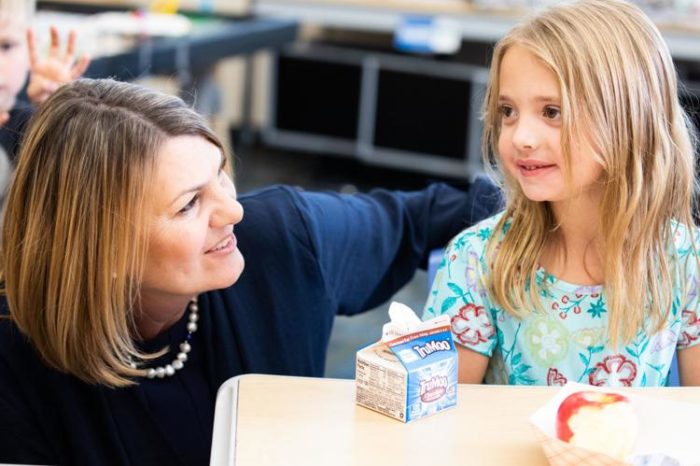Local Expert Offers Tips to Avoid Scams Related to COVID-19

In the year 2019, AARP’s FraudWatch Network reported 24 percent of all scam calls reported in Wyoming fell under the “imposter scams,” category.
An imposter scam occurs when a caller pretends to be from the IRS, the Social Security Administration, or some other governmental agency demanding, and often times receiving, immediate payment. Last year, the results were $2.3 million in losses to Wyoming citizens.
Sam Shumway, State Director for AARP Wyoming, shared that scammers look to capitalize on the news of the moment, especially if headlines can instill fear and motivate people to act. The ongoing outbreak of the coronavirus is no exception. The Federal Trade Commission warns that bad actors are working hard to use this as an opportunity to deceive consumers and steal their money or sensitive information.
According to Shumway, “There is no shortage of scams using coronavirus as a hook. Everything from fraudulent door-to-door testing in an attempt to steal health insurance information, or Medicare information, to robocalls offering air duct replacements to keep coronavirus out of our homes.”
“We’ve even been told of a scam in which someone calling asks for your bank account information so they can deposit your economic stimulus payments, calling them “Trump Dollars.” These are all scams” said Shumway.
A new imposter scam is gaining traction around the country as someone claiming to be from the US Department of Health and Human Services emails residents saying they must complete a mandatory COVID-19 preparedness test. A link is then provided to enter personal information. This is also a scam.
According to AARP, scammers are also setting up fake websites to sell false coronavirus products, everything from facemasks to cure-alls. They use calls, emails and texts in an effort to get individuals to share payment or personal information. Other scam calls are offering investment opportunities in protective equipment manufacture and distribution for those willing to send in cash.
There is currently no vaccine available for coronavirus. Any advertised investment opportunity that claims to ride the wave of economic activity due to the virus is probably an opportunity to lose money to a scam.
AARP recommends the following keep the community safe in the face of scams:
- Only rely on entities that you know and trust for information on COVID-19. If you are online, visit the Centers for Disease Control and Prevention at www.cdc.gov
- Don’t answer the phone if it is a caller you don’t recognize and verify the person you’re talking to is who they claim to be.
- Be careful what links you click on or what phone numbers you call back. It is always safest to look up a link or phone number on the internet rather than clicking on a suspicious link or trusting a number left on voicemail.
- Never give out your bank account, Social Security or Medicare numbers to anyone over the phone, at your door or via email.
- Requests for donations to help people affected by the coronavirus. Ask the caller to send information by mail, and to defer any decision to give a donation to a cause until you’ve researched it. Online options include www.charitynavigator.org and www.give.org.
- Be suspicious of any emails claiming to be from the CDC or experts saying that have breaking news information about the virus. Emails from local, state or federal government entities will come from an address ending in .gov.
- And if you’ve been victimized by a scammer, call local law enforcement. AARP also offers its FraudWatch Network Helpline at 1-877-908-3360, with trained counselors who can tell you what options you have going forward.
“As I spend my days grappling with the health and economic impacts of Coronavirus, it is clear to me that many of our friends and neighbors in the state are struggling. I fully believe our spirit of togetherness will see us through this crisis. Keep an eye out for yourself and your neighbors and we will get through this” said Shumway.


